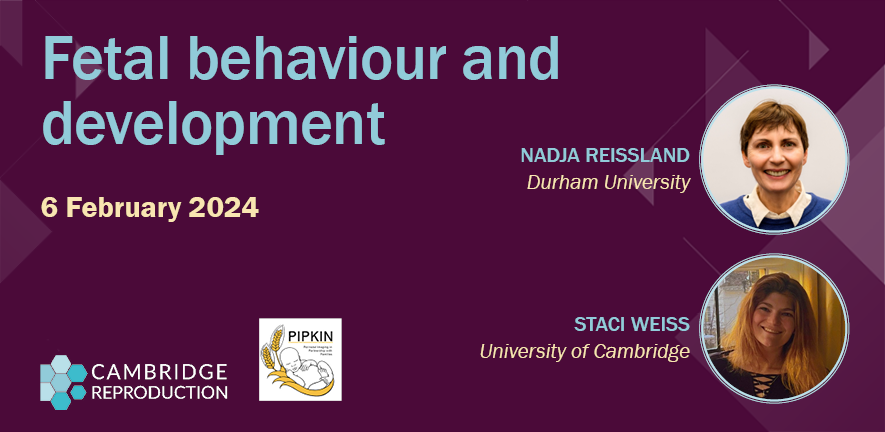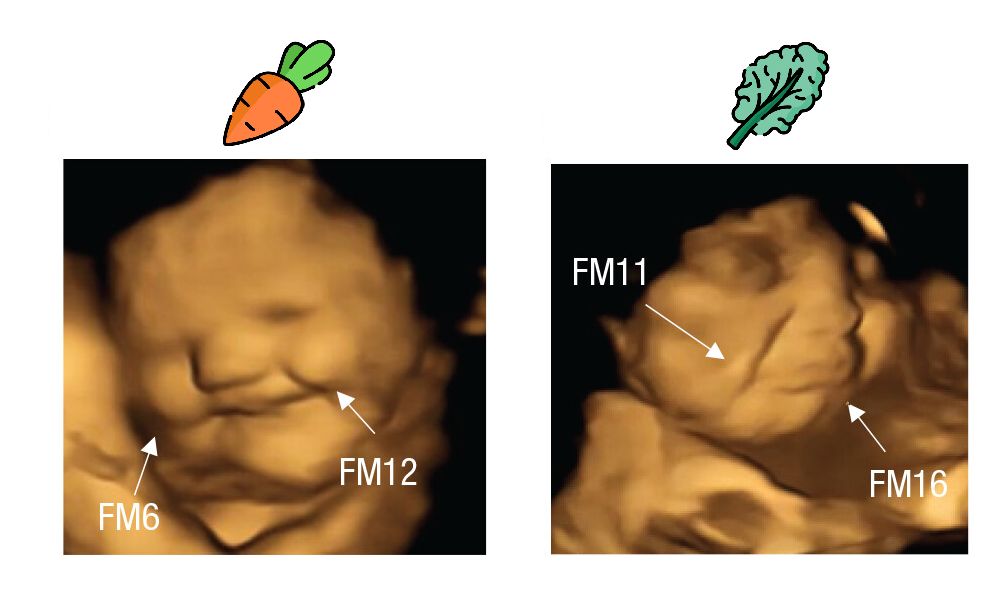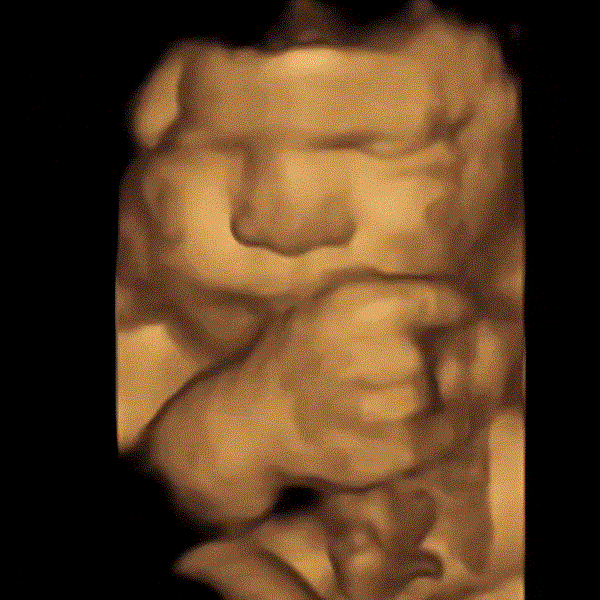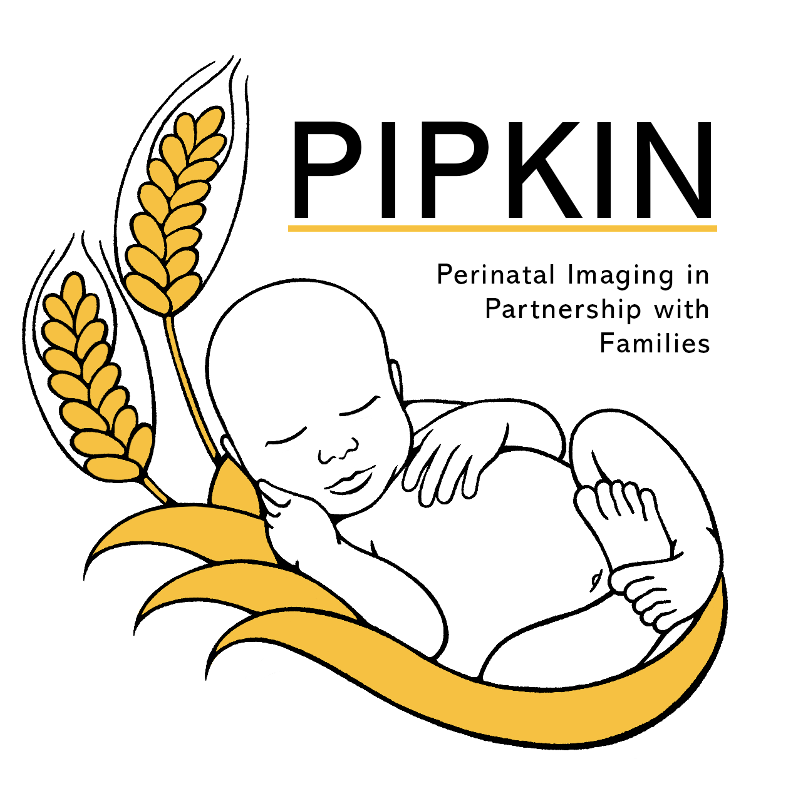
You are warmly invited to attend this hybrid seminar about fetal behaviour and development, hosted jointly with the PIPKIN study (Department of Psychology, University of Cambridge).
Tuesday, 6 February, 2024 - 12:30 to 13:30
In-person: Kings Vista Seminar Room, Second Floor, Old Cavendish Building. University of Cambridge, New Museums Site , Free School Lane, Cambridge, CB2 3RS. Or on zoom, email to request link.
Presentations
Talk 1: The Effects of Prenatal Exposure to Flavour Stimuli on Postnatal Reactions
Professor Nadja Reissland (Fetal and Neonatal Research Lab, University of Durham)
Talk 2: From Womb to World: Tracking Action in the Fetus and Newborn
Dr Staci Weiss (PIPKIN Project, University of Cambridge)
Babies interact with their surroundings and explore their own bodies with the womb, with thumb-sucking observed even in the first trimester. Using ultrasound, we examine the continuity of hand-to-mouth movements from the third trimester through the first days of life. The Perinatal Imaging Partnership with Families (PIPKIN) study investigates the emergence of intra- and inter-individual differences in infant behavioural and brain development longitudinally, beginning in third trimester.
Using 4D US, we first characterized the duration of hand-to-mouth contact, then identify how the speed and smoothness of hand-to-mouth movements change from 28-38 weeks. Finally, we relate the movement characteristics of each fetus to hand-to-mouth behaviour observed by the PIPKIN team, measured using the Neonatal Behaviour Assessment Scale (NBAS) up to 3 times during their first month of life. The speed of fetal movements was a better predicted of early hand-to-mouth behaviour in neonates younger than 10 days old; however, the duration and smoothness of fetal movements remained a stronger longitudinal predictor of newborn hand-to-movement behaviour in infants older than 30 days of age. Babies movements in the womb might be a provide a glimpse into longer-term development and risk for developmental disorder.
Email admin@repro.cam.ac.uk to request the zoom link.






